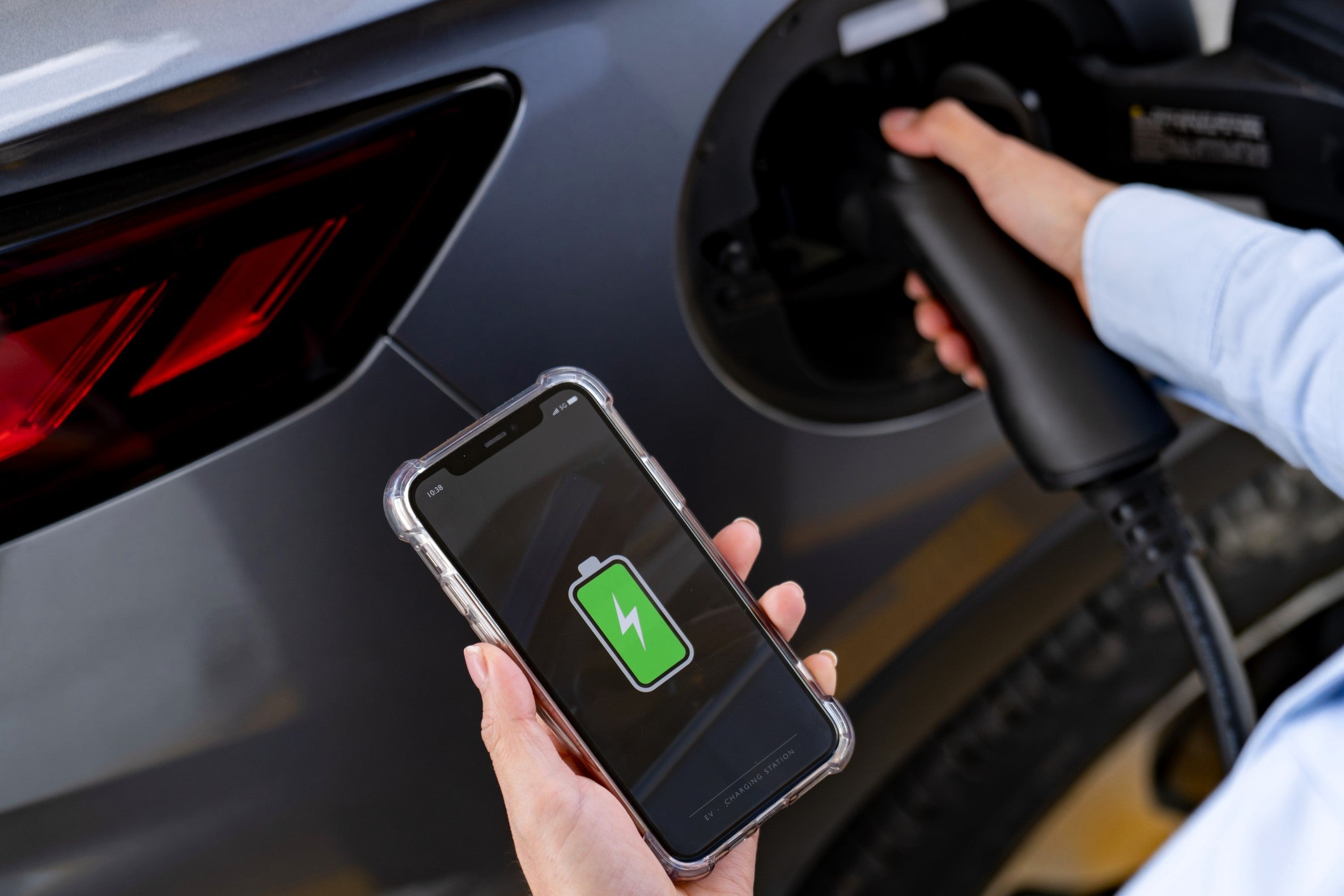The Independent's journalism is supported by our readers. When you purchase through links on our site, we may earn commission.
Battery discovery could ‘revolutionise’ electric cars, scientists say
Cathode discovery could make EVs significantly cheaper than fossil fuel-powered cars

Your support helps us to tell the story
From reproductive rights to climate change to Big Tech, The Independent is on the ground when the story is developing. Whether it's investigating the financials of Elon Musk's pro-Trump PAC or producing our latest documentary, 'The A Word', which shines a light on the American women fighting for reproductive rights, we know how important it is to parse out the facts from the messaging.
At such a critical moment in US history, we need reporters on the ground. Your donation allows us to keep sending journalists to speak to both sides of the story.
The Independent is trusted by Americans across the entire political spectrum. And unlike many other quality news outlets, we choose not to lock Americans out of our reporting and analysis with paywalls. We believe quality journalism should be available to everyone, paid for by those who can afford it.
Your support makes all the difference.Scientists have discovered a new battery material that could radically reduce the cost of electric vehicles and supercharge the transition to clean energy technologies.
A team from Georgia Tech in the US made the breakthrough while researching the cathodes for lithium-ion batteries, which are found in everything from laptops to electric cars.
Described as a “revolutionary material”, the iron chloride cathode that they developed costs just 1-2 per cent of a typical cathode capable of storing a comparable amount of electricity.
“For a long time, people have been looking for a lower-cost, more sustainable alternative to existing cathode materials. I think we’ve got one,” said Hailong Chen, an associate professor at the School of Materials Science and Engineering at Georgia Tech.
“Our cathode can be a game-changer. It would greatly improve the EV market – and the whole lithium-ion battery market.”
Batteries are responsible for around 50 per cent of the cost of an electric vehicle, with current technologies making them slightly more expensive than fossil fuel-powered vehicles at today’s prices.
Worldwide EV adoption has been largely driven by government subsidies, however many schemes have already come to an end, making the vehicles less economically viable.
The new cathode material could make electric cars cheaper than their polluting counterparts, while also offering a solution for larger-scale energy storage needs.
“This could not only make EVs much cheaper than internal combustion cars, but it provides a new and promising form of large-scale energy storage, enhancing the resilience of the electrical grid,” Professor Chen said.
“In addition, our cathode would greatly improve the sustainability and supply chain stability of the EV market.”
The discovery was published in the journal Nature Sustainability this week in a study titled ‘Low-cost iron trichloride cathode for all-solid-state lithium-ion batteries’.
Other recent battery breakthroughs have seen scientists improve the range and charging times of electric cars, both of which are frequently cited as barriers to adoption.
Earlier this month, researchers from the University of Boulder Colorado used an X-ray machine to figure out how to significantly increase the range of electric cars using lithium-ion batteries.
“Having a better battery is very important in shifting our energy infrastructure away from fossil fuels to more renewable energy sources,” said Michael Toney, a professor in the Department of Chemical and Biological Engineering at the University of Colorado Boulder. “All consumers want cars with a large driving range.”
Join our commenting forum
Join thought-provoking conversations, follow other Independent readers and see their replies
Comments